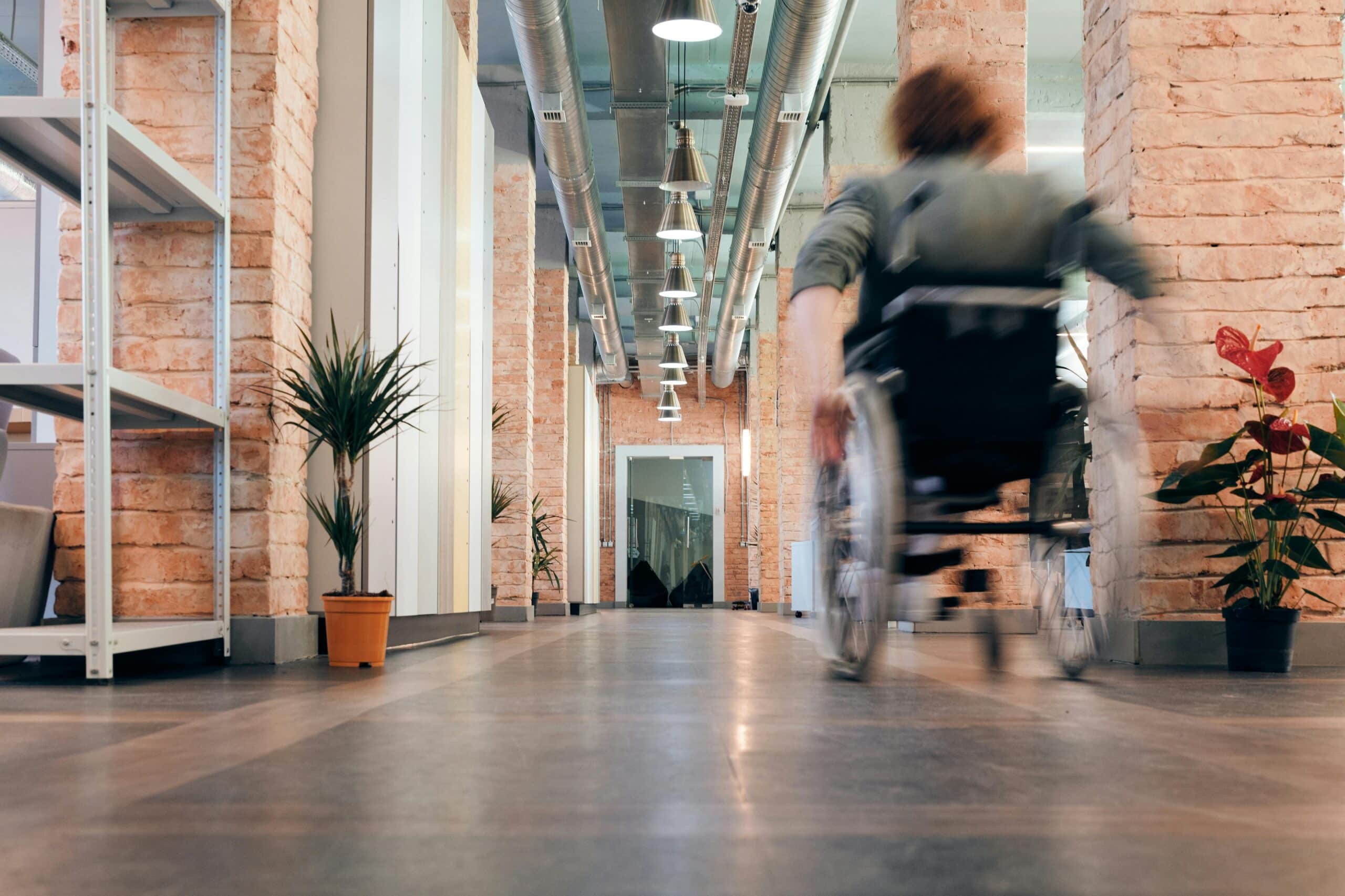Working in an industrial environment can mean working in difficult conditions, which may include enduring hard manual labor, extreme temperatures, loud noises, dangerous machinery, toxic chemicals, or demanding work hours. These dangers are characteristic of industrial job sites, yet these hazards exist alongside several more common workplace threats such as the risks of accidents from lifting something too heavy or tripping over an obstructive object.
Below is a list of some of the dangers that threaten the health and safety of workers who perform industrial jobs.
Some Hazards of Working in an Industrial Job
Heavy lifting. Attempting to lift objects that are too heavy can cause a worker to pull the muscles or soft tissues in their back, shoulders, or other areas. Soft tissue injuries include torn, strained, or sprained muscles, ligaments, or tendons. Employers should provide training to workers on how to lift properly, how to determine safe weight limits, and when to enlist help from another worker or a machine.
Slip and fall accidents. Busy factory floors and other industrial sites must maintain safety by keeping floors and walking surfaces free of slipping and tripping hazards. Puddles of water and other liquids must be cleaned up right away. Walkways should be kept clear of clutter that could cause an accident. High-traffic areas should safely accommodate the jobsite’s daily activity as required.
Hazardous materials. Industrial uses of toxic substances or hazardous chemicals can endanger workers if proper safety precautions are not explicitly followed. Workers should be provided personal protective equipment (PPE) such as goggles, gloves, gas masks, and other gear to ensure that they are safeguarded against danger from contact or exposure to potentially dangerous substances or airborne toxins. Workers should receive training that includes thorough guidance on how to handle and dispose of any harmful compounds involved in their work.
Machinery accidents. Employees who work with industrial machinery may be at risk of coming into contact with a hot or fast-moving contraption. Hair and clothing should be kept pulled back to prevent becoming stuck in moving parts and causing severe injuries. Machines may also present dangers of electrical shock. Machines should be inspected regularly and maintained for safety, as any malfunction could be extremely dangerous, even deadly, for workers.
Repetitive strain injuries. Many factory and industrial jobs require repetitive operations that put workers at risk of repetitive strain injuries. The most commonly recognized example of a repetitive stress injury is carpal tunnel syndrome, which is a medical condition in the wrist caused by repetitive motion that wears down the wrist and causes pain and impairment. Typically starting with tingling, numbness, and weakness, carpal tunnel syndrome affects the wrists as well as the hands and fingers. The condition can affect range of motion, produce lasting pain, and cause possible nerve damage. Some cases can only be addressed by having surgery. Advice for how to avoid such repetitive strain injuries is to take breaks, alternate work tasks, and invest in ergonomic equipment at workstations.
Hearing damage. Industrial work environments can be intensely noisy places. The hum of noisy machinery can cause workers to resort to yelling over the din just to communicate with one another. All the activity and racket can cause hearing issues to develop in workers constantly exposed to such extreme noise levels. This can cause tinnitus, which is a continuous ringing, humming, or buzzing in the ears that is present long after the worker leaves the worksite. Tinnitus can cause chronic problems and can lead to permanent hearing loss.
Shift work. Many industrial jobs happen on worksites that operate around the clock. Many workers are required to put in hours at all times of day as a result of the nature of this shift-dependent work. Understanding that certain industries operate 24 hours a day, it is well known that shift work is not ideal for human workers. Working odd hours interrupts the body’s natural rhythms and can harm sleep cycles that allow workers to obtain adequate rest. Without enough rest, workers experience more stress, more trouble with concentration, and reduced reaction times. These factors can cause serious workplace accidents.
Fatigue. Jobs that require physical work can be draining. Monotonous tasks can be boring and make workers lose their focus, which can inhibit safe practices. These types of work can be part of an industrial job. To correct for overexertion, exhaustion, or tedious work that puts employees at risk, employers should incorporate breaks that allow workers to rest and recover the capacity for attention required to do their job safely.
Stress. The through-line for many industrial safety concerns comes down to stress. Jobs that expose workers to dangerous situations, machinery, substances, or work tasks can create stress that in turn creates additional safety concerns. Allowing workers to take frequent breaks can alleviate some of the built-in stress of the job. Rest is one aspect. Other physical needs must also be met to mitigate problematic job-related stress. For workers in jobs that involve high-temperature workspaces, for example, employers should ensure access to drinking water. All workers, shift workers and others, should be assured breaks to rest and eat throughout a long shift. In short, employers should ensure that worker needs are met to provide a successful and healthy workplace.
New Jersey Workers’ Compensation Lawyers at Kotlar, Hernandez & Cohen, LLC Represent Clients Hurt on the Job
If you were injured in an industrial accident or you lost a loved one in such a tragedy, Workers’ Compensation should be made available to help you pay for the costs associated with the accident, including medical bills and lost income. The New Jersey Workers’ Compensation lawyers at Kotlar, Hernandez & Cohen, LLC can help you prove that the accident that caused your loss is eligible for coverage under the employer’s plan. Call us at 856-751-7676 or contact us online for a free consultation. Our offices are in Mount Laurel, Cherry Hill, Trenton, and Vineland, New Jersey; and Trevose, Pennsylvania. We serve clients throughout New Jersey and Pennsylvania.





